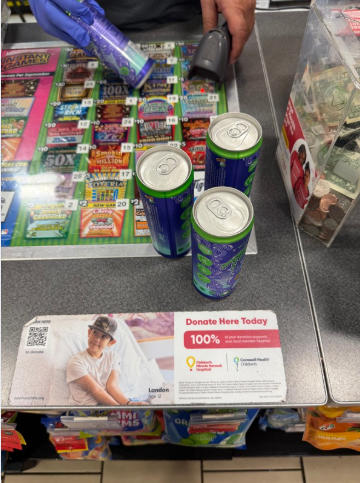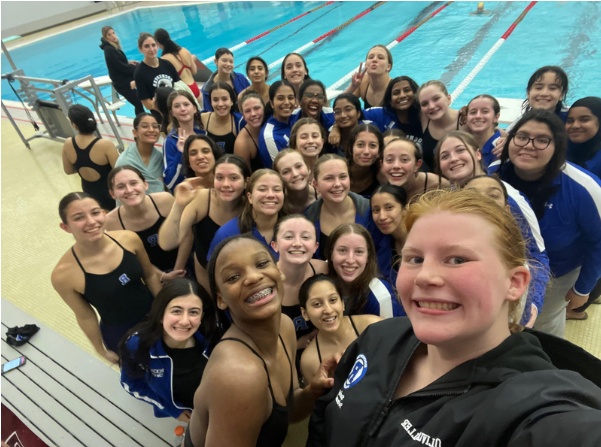Are High School Relationships Worth It?
November 21, 2019
From innocent hand-holding to pointless blushing, relationships can cause many changes in someone’s life, no matter what age. Learning how to wrap your life around a single person and being considerate of their every emotion is something that takes commitment and maturity.
That is why most parents have age restrictions on when they allow their children to start dating. Some say 13 is enough, some say 16, while some won’t even approve of any relationship whatsoever until marriage (how’s that supposed to work?). Nevertheless, this age varies from student to student, as everyone is different in their cognitive maturity and development.
However, just because you can start dating in high school doesn’t mean you should. This begs the question: Are high school relationships worth it?
In short- yes. Starting to date in high school can be very beneficial. While not all students are ready to bring something new into their life, which is completely understandable, if a student is ready, there are many positive outcomes. Obviously, not all high school relationships will result in marriage, but that doesn’t render them pointless.
The average high school relationship lasts 4-6 months. During these 4-6 months, each participant will learn new things about himself or herself. Every relationship should be used as a learning experience. Success of a high school relationship should be determined by what is learned, not by how long it lasts. These relationships should be viewed as an opportunity to gain more knowledge about what went well, and where it went wrong.
Once these shortcomings have been recognized, the teenager can work consciously to improve upon themselves. Each relationship a person goes through teaches both parties more and more about what they value in a partner. This ultimately makes them a better person and improves their problem solving-skills.
Some might say that having a relationship as a teenager will prove futile, as they can serve as a major distraction from sports, family, and school. However, that is precisely why they are necessary. In the schedule of a student, learning how to manage time is an important skill that will be used for the rest of their life. Trying to juggle all the different aspects of their life will be a challenge. Thus, having a significant other can teach students how to prioritize what is actually important and manage their time efficiently. According to a Brandon Gaille study, couples who meet in a school setting are less likely to divorce than those who meet in any other setting.
Not only is there a lot to learn from being in a relationship, but there is a lot to learn from its backlash. Heartbreak. It is nearly unavoidable. Heartbreak is something that most people have to go through in their life and is something that can have a detrimental effect on someone’s mental health.
However, going through something like this at a young age will better prepare teens for future heartbreak. On average, it takes 6 weeks for someone to recover from a broken heart. But in this time, that person will discover things about himself or herself and grow stronger as a person. Having to go through something like this so early in life will serve as an aid when they may inevitably go through a similar experience later in life.
According to a study by Bradon Gaille Marketing, 25 percent of marriages are composed of high school relationships in today’s society. Comparatively, in the 1940’s only 2 percent of high school relationships resulted in marriage. So although it is not realistic to conclude that every high school relationship will result in marriage, this study shows that it is not completely ludicrous to be hopeful about such a thing.
Overall, high school relationships are an important part of a teenager’s development and can serve as a crucial part of their learning experience. No relationship should be classified as a failure if something of value is brought out of it. That value can be expressed in the form of gained knowledge, a stronger will, better emotion regulation skills, and many other takeaways.







